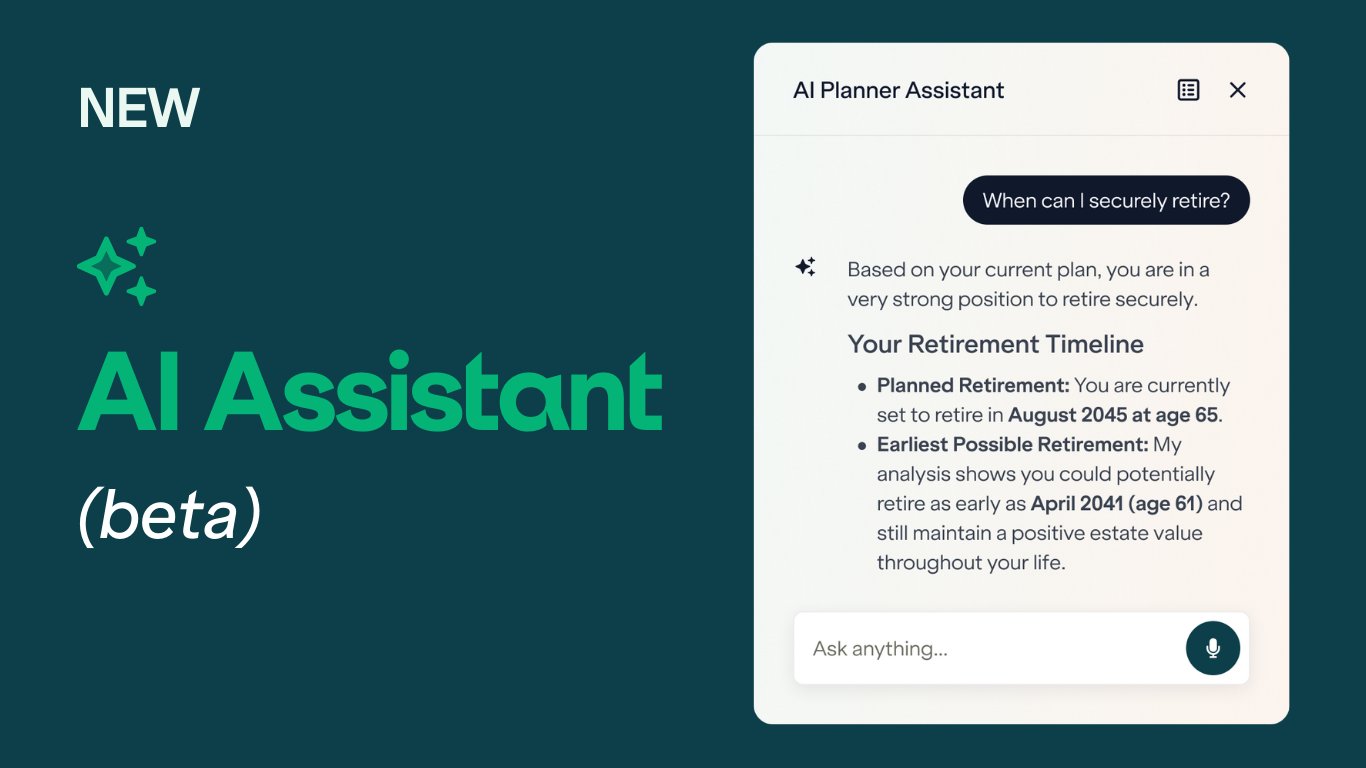Experian Health’s State of Claims survey finds that for many providers, it’s getting harder to submit clean claims and taking longer to get paid. More than half say their current technology can’t keep up. With revenue at risk, choosing the right denial management software is increasingly important. What features should healthcare organizations look out for to prevent denials and improve financial performance?
Why denial management software is essential
11% of respondents in the State of Claims survey said that claims are denied more than 15% of the time, while the administrative cost of submitting and reworking claims continues to rise. Revenue cycle leaders are all too familiar with the challenges driving the denials trend:
- Frequent updates to payer policies, which make it harder for staff to be sure their submissions comply with the latest rules
- Incomplete or inaccurate data, such as missing codes or demographic errors,
- Staffing shortages put pressure on overworked teams, leading to higher error rates and slower response times
- Reimbursement delays, which tie up revenue and increase the cost of follow-up.
Managing these issues is time-consuming and expensive. Speaking to the AAPC, Clarissa Riggins, Chief Product Officer at Experian Health, says that without a robust denial management strategy, providers risk falling further behind. “This growing crisis is a sign that traditional approaches are no longer enough, and providers should adopt more proactive strategies and the latest technology,” she says.
Denial management software can help. By automating error detection, tracking payer requirements and helping staff prioritize high-risk claims, it can reduce denials and strengthen overall revenue cycle performance. According to the CAQH, just switching from manual to digital claim submission could save the industry up to $2.5 billion annually. Artificial intelligence (AI) and machine learning, used in solutions like AI Advantage, can take those savings even further.
Key features to look for in denial management software
To make a real impact, healthcare denial management software must do more than just track denials. The best solutions offer faster responses, deeper insights and greater efficiency across the revenue cycle. Here are a few core features to seek out:
Real-time claim monitoring
Does the software alert users the instant a claim is denied? Real-time claim status updates are critical for minimizing delays and missed follow-ups. Automated alerts allow teams to act immediately when a claim is denied, preventing lost revenue and streamlining appeals before a backlog builds up. Tools like AI Advantage can also automatically detect payment pattern changes made by payers, so billers don’t have to.
Automated workflow
Can it reduce time spent on repetitive manual tasks? Ideally, the software will streamline submissions by auto-populating forms, attaching documentation and routing tasks to the right team members. This minimizes errors, shortens appeal cycles and frees up staff for higher-value tasks.
Artificial intelligence
Can the platform use AI to prevent denials before they happen (and prioritize the ones worth pursuing)? Experian Health’s AI Advantage does this in two ways. First, it uses AI to analyze historical trends to flag high-risk claims before they’re submitted, helping teams correct issues early and prevent denials altogether. Second, it identifies denials with the highest chance of a successful appeal, so staff can prioritize their time and improve overall recovery rates.
Watch the webinar: Eric Eckhart of Community Regional Medical (Fresno) and Skylar Earley of Schneck Medical Center share how AI Advantage has helped them reduce denial volume, accelerate reimbursement and reduce time spent working low-value denials.
Analytics and reporting
Does it provide clear insights into why claims are denied? Advanced analytics identify denial patterns across payers, procedures and departments. A tool that offers denial-specific performance indicators, like denial rate, overturn rate and days to resolution will support smarter, faster decisions and long-term process improvements.
Keri Whitehead, System Director of Patient Financial Services at UC San Diego Health, explains how AI Advantage gives her team actionable insights to get ahead of denials:
Integration capabilities
Can it connect seamlessly with current systems? A strong denial management platform should integrate smoothly with electronic health records, practice management systems and billing software. This eliminates data silos, reduces manual data entry and allows staff to work within familiar workflows. Experian Health’s “Best in KLAS” claims management solutions can be used to build a single, connected system for greater visibility, fewer duplication errors and faster processing, to prevent denials without adding administrative overhead.
Steps to evaluate denial management software
Choosing the right claim denial management solution starts with a clear understanding of the organization’s unique challenges and goals. Healthcare leaders should consider the following steps during the selection process:
- Define organizational needs. Identify the most pressing denial challenges, such as high denial rates, slow appeals or limited visibility, and prioritize software that directly addresses those issues.
- Evaluate integration compatibility. Confirm that the software integrates smoothly with existing systems to avoid data silos or workflow disruptions.
- Assess scalability. Ask potential vendors about how the solution will grow with the organization and adapt to changing claim volumes, payer mixes and regulatory demands.
- Review vendor support and training. Look for a partner that offers responsive support, user training and ongoing product updates.
- Request a demo or trial. The best way to figure out if a new platform will be a good fit for the organization is to see it in practice and let key team members try out its automation, interface and analytics for themselves.
Book a demo of AI Advantage to see how it can help providers predict and prevent denials.
Best practices for implementing denial management software
Once the denial management software has been chosen, the final step is to make sure it’s implemented successfully. This calls for good planning, team buy-in and ongoing evaluation. A few best practices to steer the process are to:
- Engage core teams early to ensure the software fits with their existing workflows and organizational goals.
- Make sure there’s a shared understanding of what success looks like, using KPIs like denial rate reduction or faster appeals to measure performance and ROI.
- Provide thorough training to equip staff with the skills needed to use the system effectively.
- Regularly review software performance, denial trends and user feedback to refine processes and settings.
By following these steps, organizations can maximize the impact of their new healthcare denial management software and turn a reactive process into a strategic advantage.
Find out more about how Experian Health’s denial management software, like AI Advantage, helps providers predict, prevent and process denials for faster revenue recovery.
Publisher: Source link










